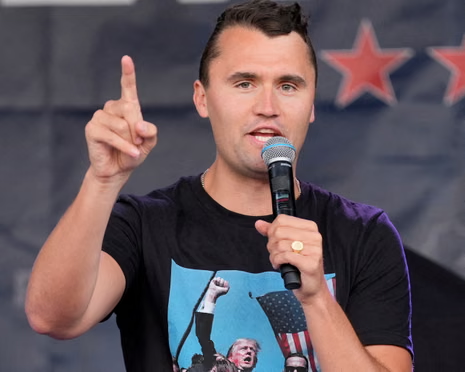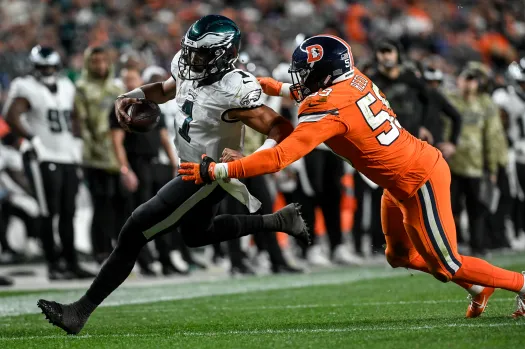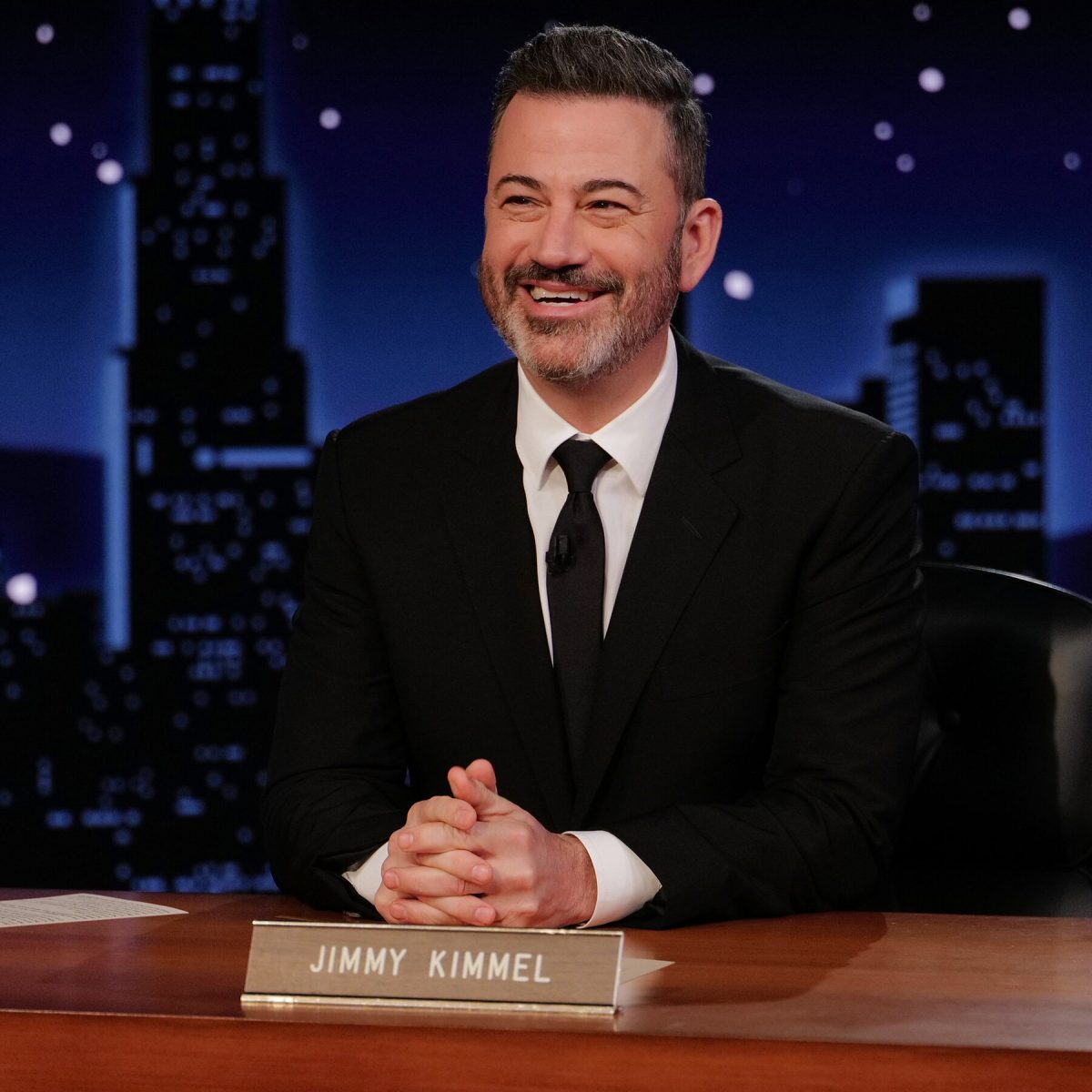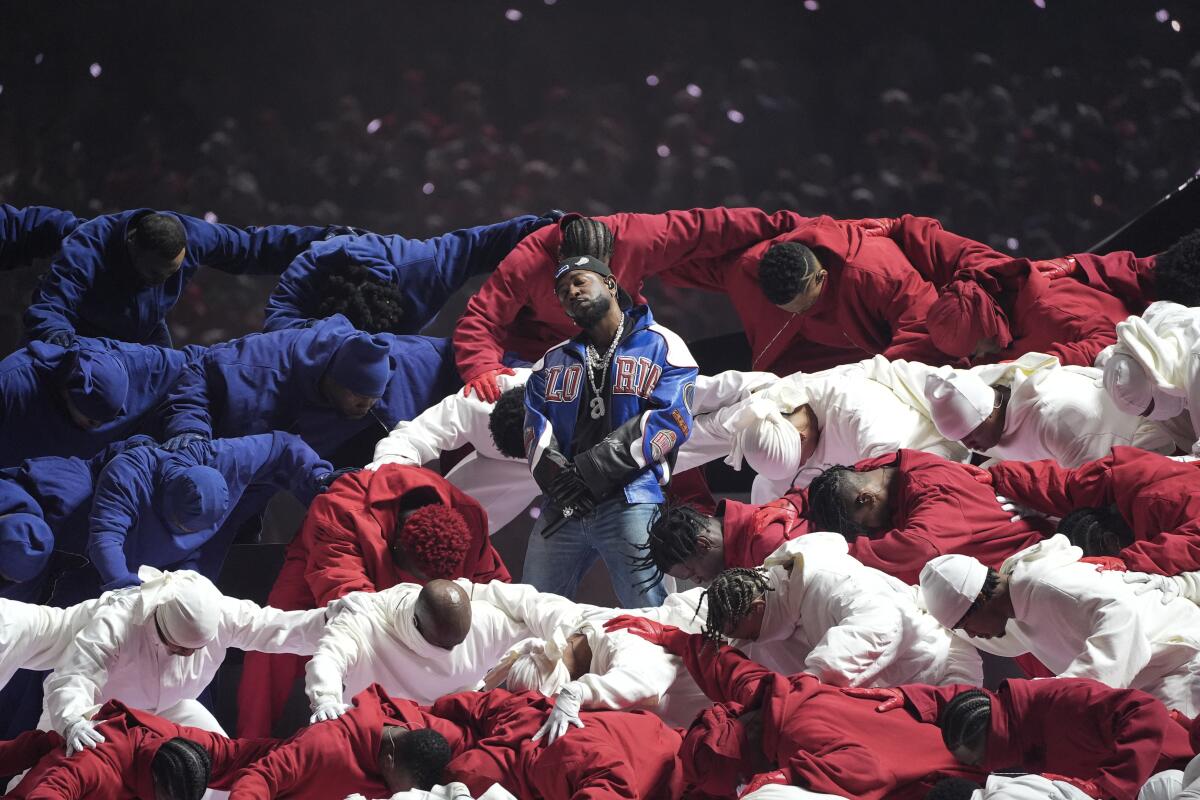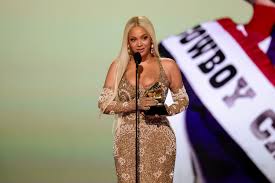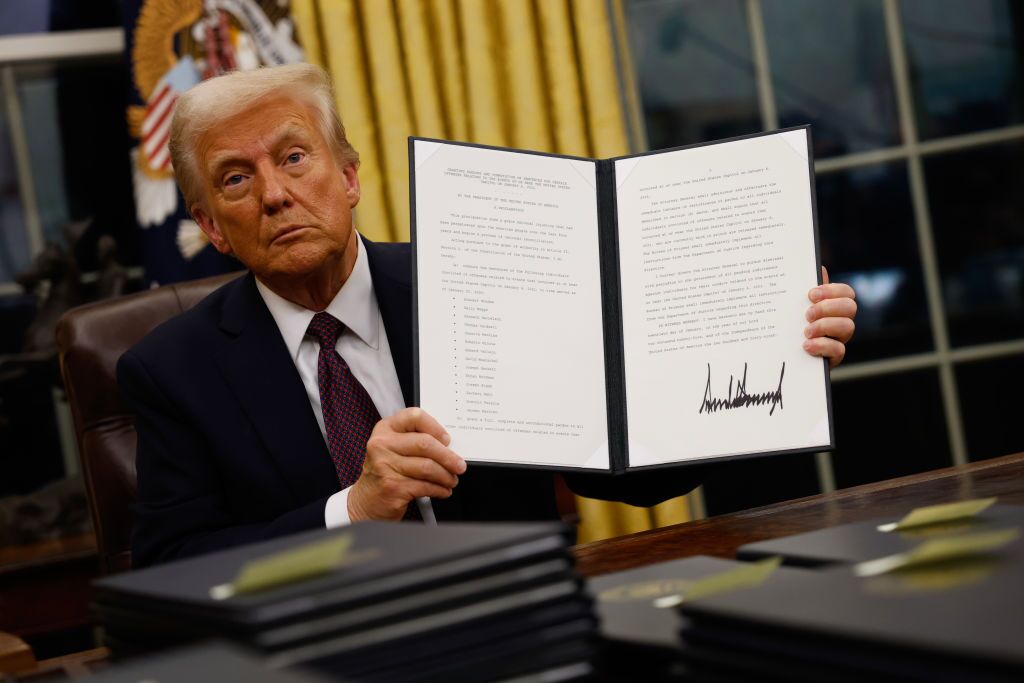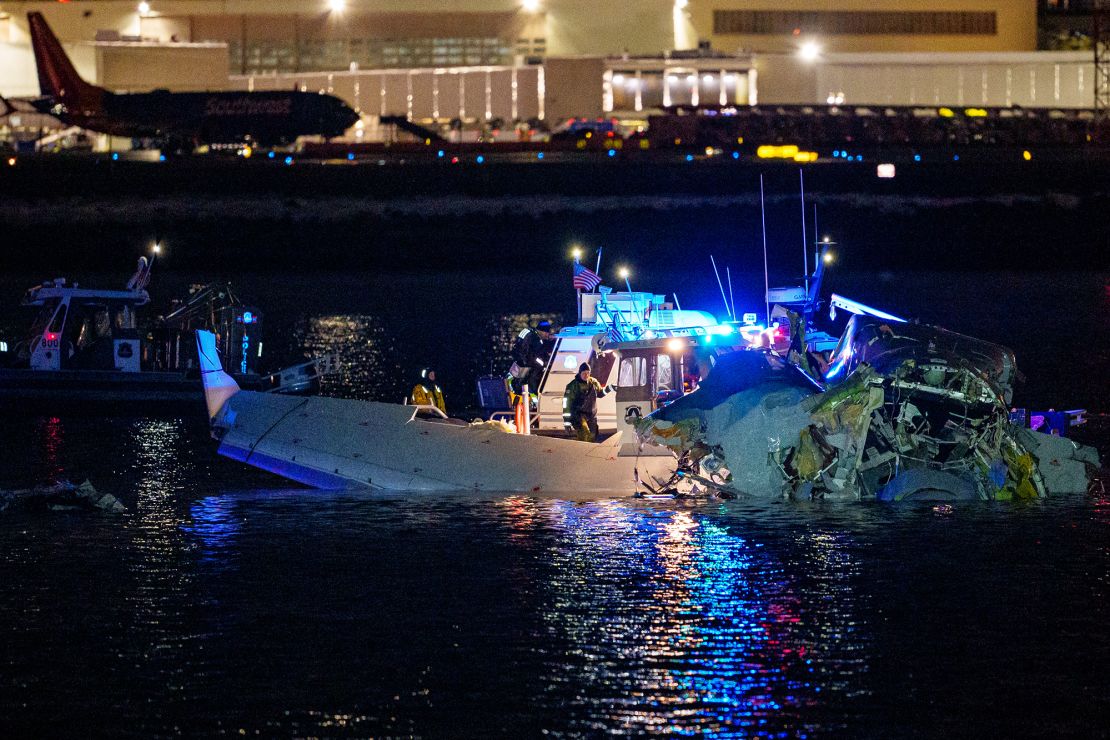On December 3, President Yoon Suk-yeol of South Korea declared martial law in a televised address, stating in a televised address that “The National Assembly [South Korea’s parliament], which should be the foundation of liberal democracy, has become a monster trying to destroy it.” This martial law lasted only six hours, but it had profound consequences. South Koreans had lived under the shadow of brutal military dictatorship from 1961, after a coup led by General Park Chung-hee, until the democratic election of President Kim Dae-jung in 1997. This shadow contributed significantly to the outrage following President Yoon’s declaration. During this crisis, President Yoon ordered Colonel Kim Hyun-tae to lead a special forces team to remove lawmakers forcibly, so they could not gather to repeal the declaration of martial law. The head of the National Police Agency, Cho Ji-ho, has also said that he was directed by the military to use the police to detain 15 people, including political leaders. Using the police to detain lawmakers not suspected of crimes is illegal, even under martial law.
After two and a half hours, all lawmakers that were present at the National Assembly voted unanimously to repeal martial law. The National Assembly voted to impeach President Yoon, charging him with insurrection for attempting to overthrow the government. Prime Minister Han Duck-soo was announced as the acting President on December 14. However, he was impeached on December 27 after he refused to fill three vacancies in the Constitutional Court, the country’s highest court. The Constitutional Court will decide the fate of former President Yoon and requires six justices out of nine to vote in favor of impeachment. With the three vacancies, it would have been much easier for former President Yoon to be found not guilty. Opposition lawmakers said that the refusal of former President Han to fill these vacancies was a delay tactic, in addition to accusing him of working with former President Yoon during the declaration of martial law. The Minister of Finance, Choi Sang-mok, was named the acting president and acting prime minister on December 27.
Former President Yoon has refused multiple orders to appear for questioning, forcing a Seoul court to issue an arrest warrant. An attempt on January 3 to arrest former President Yoon led to a standoff between Korean Police forces and former President Yoon’s personal guards. He was formally arrested on January 18 and is currently being held in the Seoul Detention Center. Several presidential aides and cabinet ministers have resigned and some have been detained by the Corruption Investigation Office. Most notable among the detained is former Defense Minister Kim Yong-Hyun, who allegedly suggested the declaration of martial law. While in custody, Kim attempted to take his own life. Former President Yoon’s supporters breached the Seoul Western District Court, vandalizing the interior and chanting “cancel the warrant!” (New York Times). The police have detained dozens of protesters. If found guilty of insurrection, former President Yoon will face life in prison or the death penalty.
Note: In Korea, family names are traditionally placed before given names. Therefore, the correct title for Yoon Suk-yeol is President Yoon, not President Suk-yeol.


